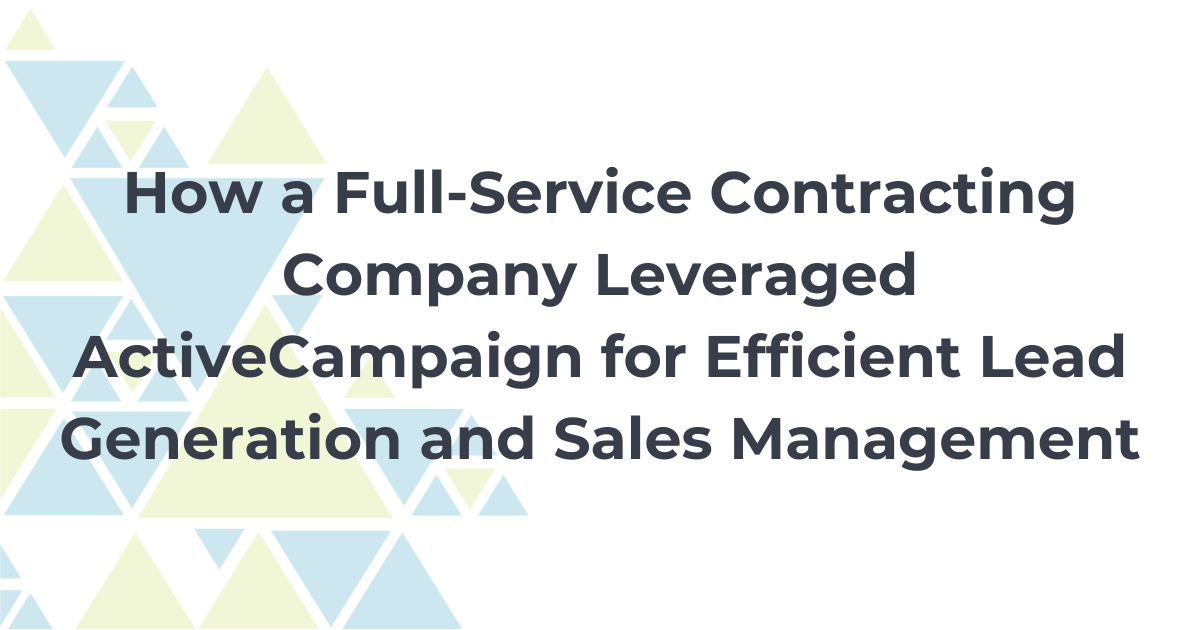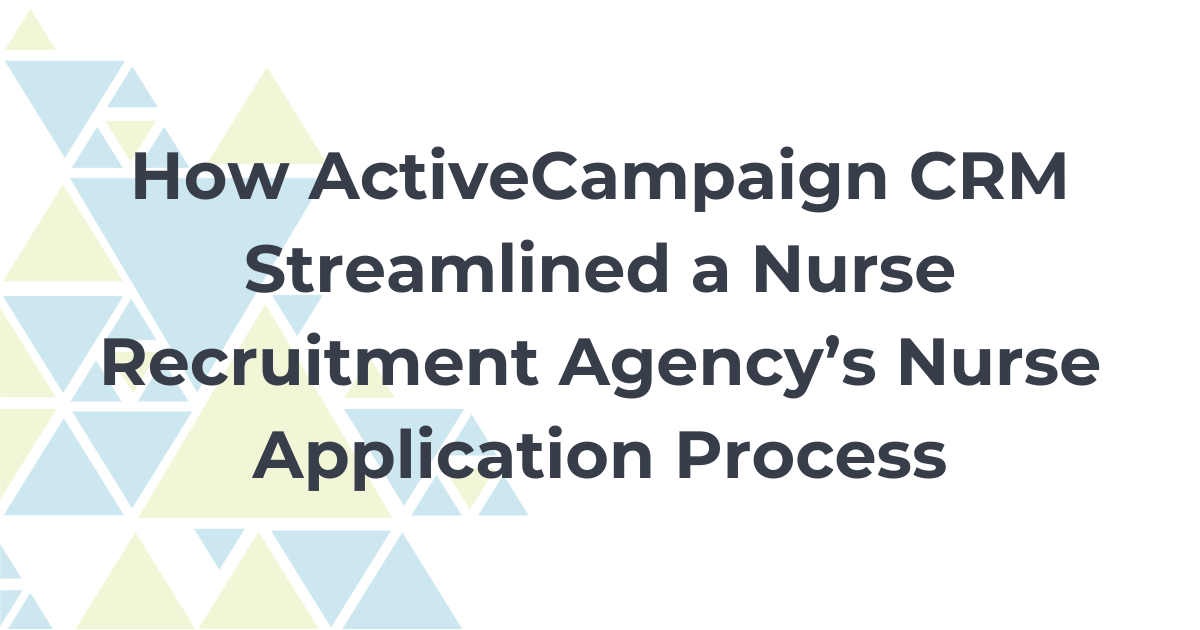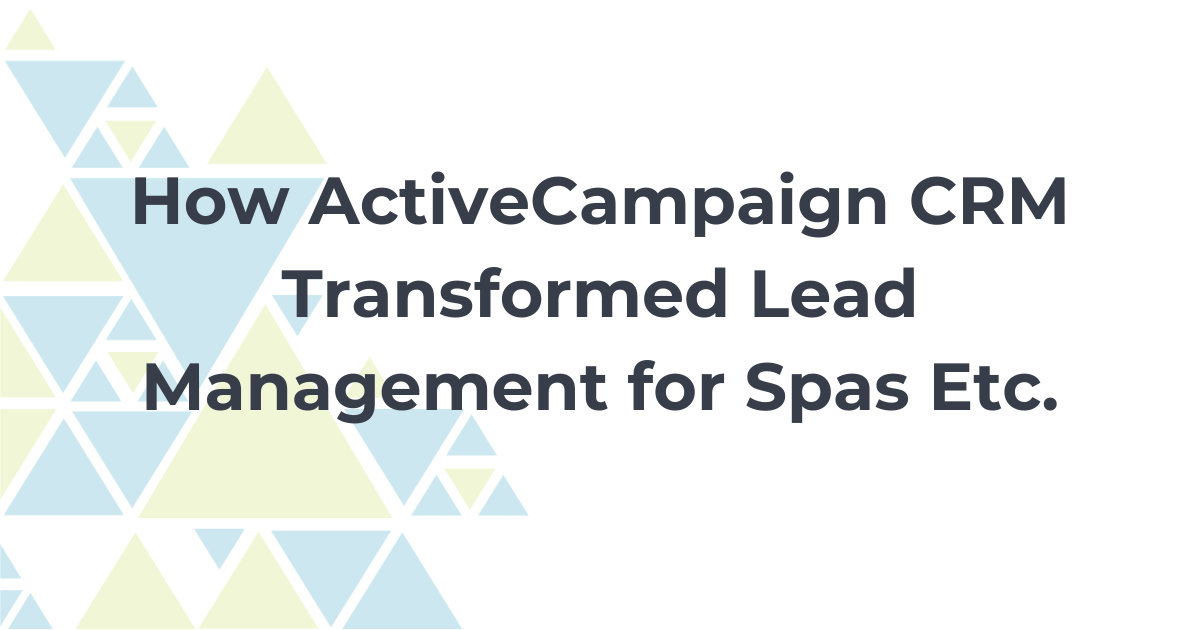Improve Performance With Meditation
It’s no secret – meditation has been proven over and over to help individuals of all capacities reach their peak performance. This includes athletes, success entrepreneurs and business executives along with stressed out moms and anxious children. Research shows that meditation can literally, change your brain and change your life.
Before we get started on meditation, check out this video by Rick Hanson on how you can use your mind to change your brain.
For me, meditation has truly changed my life over the past two years. It has taken me through a period of uncertainty, panic, and anxiety into trust and peace. While it is a is a simple concept, it can be challenging to commit to a practice and maintain it.
One of my goals of this blog and and my online courses is to open the discussion of meditation to a larger audience and help share this transformational practice. This post dedicated to provide information to anyone who is interested in, and new to mediation.
What the is meditation?
Meditation is when you still your body and quiet your mind. This can be laying, sitting, standing, or even walking (while walking meditation is not still, the focus on movement is minimal). You do not have to make noise or do weird things with your fingers. You can listen to a recording of someone walking you through specific thoughts, music or have silence. Your eyes relax or close. You disengage from any outside distractions (my butt hurts from sitting, my arm itches, I’m scared and I feel unsafe), and continue to focus on breath and breathe through discomfort.
Dedicating some time to meditation is a meaningful expression of caring for yourself that can help you move through the mire of feeling unworthy of recovery. As your mind grows quieter and more spacious, you can begin to see self-defeating thought patterns for what they are, and open up to other, more positive options. – Sharon Salzberg
Who does meditation?
Meditation can be done by anyone. Research shows that mediation benefits young kids to older adults. It literally, re-wires your brain and has positive life effects.
Why do meditation?
Meditation results in:
- Less anxiety and depression
- Greater emotional regulation
- Increased joy and happiness
- Elevated love and compassion
- Expanded gratitude
Meditation can help us embrace our worries, our fear, our anger; and that is very healing. We let our own natural capacity of healing do the work. – Thich Nhat Hanh
How do you meditate?
To meditate, find a comfortable spot to sit or lay still. Set a timer for 1 minute and breathe. When a thought arises in your mind, return to focusing on your breath. When a physical sensation arises, focus on your breath.
In general, I meditate each morning in my yoga closet. I literally wake up, walk 10 feet and plop down on my pillow. 95% of the time I have silent meditation focusing on my breath. Long inhales, long exhales. I like to think about waves on the beach as I am breathing… in as the waves roll to shore, out as the waves pull back. It is often that my kids wake up and join me in my meditation. They will come and sit down next to me or in my lap and practice with me. (This took TIME and patience… but they have learned!) I use an interval timer set to 5 minutes.
When do you meditate?
- Meditation is beneficial any time of day. Some people may do it first thing in the morning, others may do it during their lunch break or before bed.
- I meditate once in the AM and frequently in the PM before bed as well. I find that when my day starts off with meditation I am in a better place and have a better day. I am able to control my reactions, flow, and be less emotional.
- I will also meditate before potentially going into a reactive situation – a big business meeting, job interview, family dinner.
Neurons that fire together wire together. Mental states become neural traits. Day after day, your mind is building your brain. This is what scientists call experience-dependent neuroplasticity. – Rick Hanson
Meditation resources
- For more information on meditation, please see Rick Hanson and Tara Brach. I have worked through Rick’s Foundations of Well-Being program and frequently use Tara’s guided meditations.
- In addition, I strongly recommend the HeadSpace and Happify apps for your devices as a starting point for meditation.



